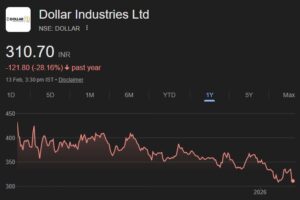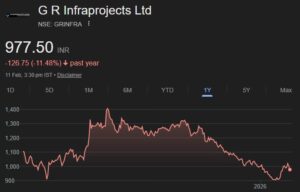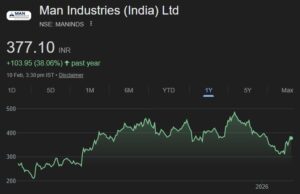
TTK Prestige Ltd’s (TTK’s) Q1FY13 results were in line with CRISIL Research’s expectations. Revenue grew at ~30% y-o-y to Rs 3,025 mn driven by growth across all product segments. EBITDA margin declined by 14 bps y-o-y to 15.8% because of rupee depreciation; however, price hikes in various product categories and better cost control helped to mitigate the impact partially. Although we anticipate margins will be under pressure due to the weak rupee, we remain positive on the company’s growth momentum. As a result, we retain our fundamental grade of 5/5.
Q1FY13 result highlights
– Revenues grew by ~30% y-o-y to Rs 3,025 mn driven primarily by volume growth. Appliances and cooker sales grew by 36% and 23% y-o-y, respectively. The cookware segment grew by 32% y-o-y benefiting from promotional exchange programs held during the quarter.
– EBITDA margin declined 14 bps y-o-y to 15.8% because of increase in raw material cost due to y-o-y depreciation in the rupee vs. US$. TTK hiked the price of aluminium based pressure cookers by 7-8% in March and that of certain products in the appliance category by 4-5% in June- these helped to mitigate the impact of the rupee depreciation.
– PAT grew by 21% y-o-y to Rs 307 mn. PAT margin of 10.1% was lower than 10.9% in Q1FY12 because of the decline in EBITDA margin and increase in interest costs (largely because of higher debt). Debt increased to Rs 700 mn in Q1FY13 as the company raised funds for its working capital requirements and capex.
Remain positive on growth momentum but expect margin pressure to continue We remain positive on TTK’s growth momentum on the back of growth seen across all product categories in Q1FY13 and impact of new products that are slated to be launched in the near term. The company has begun distribution of premium products of global brands, such as World Kitchen and Meyer, to fill the channel pipeline to tap the peak buying season in 3QFY13. We believe margins will be under pressure due to the rupee depreciation, but it
will be partially mitigated by the company’s ability to hike prices given its strong brand value and ability to control costs. We retain our FY13 revenue estimate of Rs 14.1 bn (+28% y-o-y) and EPS estimate of Rs 127.1 per share. Since a poor monsoon could hamper rural consumption and thereby affect TTK’s growth, it is a key monitorable.
Reiterate our fair value estimate of Rs 2,950; CMP has downside
We continue to use the DCF method to value TTK and reiterate our fair value estimate of Rs 2,950 per share. The fair value implies P/E multiples of 22x and 18x FY13 and FY14 EPS estimates, respectively. At the current market price of Rs 3,297, the valuation grade is 2/5.
Download Research Report
[download id=”303″]





